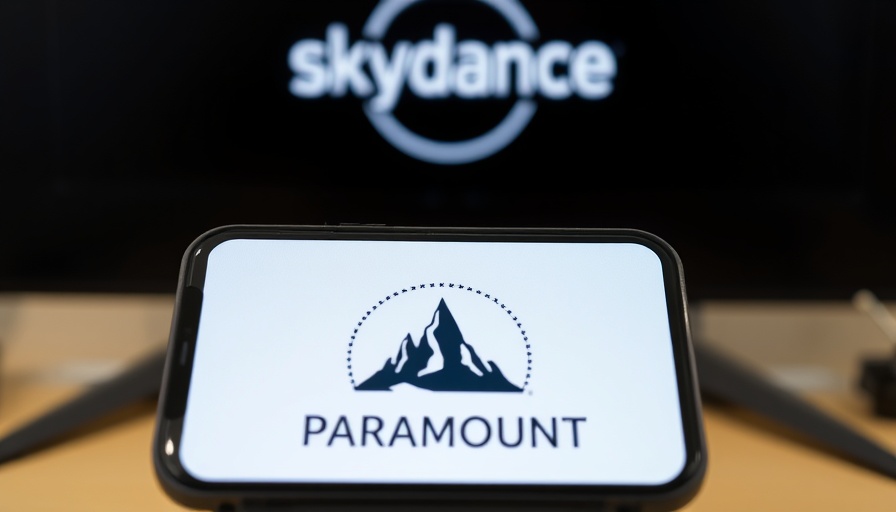
The Complicated Landscape Surrounding Citgo's Ownership
The ongoing situation involving Citgo Petroleum, a subsidiary of Venezuela’s state-owned oil company PDVSA, reveals a convoluted financial landscape that intertwines Venezuelan bonds, U.S. legal proceedings, and competing business interests. Recently, the Gold Reserve group emerged as a bidder for Citgo shares, but their intention has been met with significant opposition from bondholders and other bidders.
Why Bondholders Are Taking a Stand
Representatives for holders of a defaulted Venezuelan bond are preparing to lodge objections against Gold Reserve’s acquisition plans, stating their claims in the ongoing U.S. legal processes. This reflects a broader issue concerning the rights of bondholders in an environment where Venezuelan debt crises complicate asset ownership. Historically, bondholders often seek to protect their financial interests, especially in scenarios where foreign investors look to capitalize on domestic assets.
Understanding the Stakes: Citgo's Importance
Citgo is not just another refinery; it holds considerable strategic importance regarding U.S. energy supplies and has been pivotal in U.S.-Venezuela relations. Matter of fact, the fate of Citgo shares is entangled with the U.S. court system's handling of existing Venezuelan debts. Bondholders hope that their objections will safeguard their interests or possibly open avenues for recovering investments lost due to the Venezuelan state’s default.
Contrast in Perspectives: The Bidders vs. Bondholders
While Gold Reserve and other bidders envision potential gains from Citgo’s valuable resources, the bondholders argue that accepting such bids without regard for outstanding debts would undermine the legal principles of creditor rights. This contrast highlights the ongoing tug-of-war within international investments, particularly in politically sensitive landscapes like Venezuela.
Implications for Future Investments
The objections could significantly delay or derail any acquisition process, which may discourage potential investors in the future. The prevailing sentiment among financial analysts suggests that clarity in the legal framework is crucial for deterring further complications in cross-border investments. Those in venture capital or private equity stages should consider the inherent risks involved with investing in territories with unclear property rights related to external debt.
The Bigger Picture: Risk Management in Investing
For investors, this situation is a case study in risk management — particularly in understanding the complexities of international investing. The controversies surrounding Citgo’s potential sale serve as an important reminder of how geopolitical factors can impact investment outcomes, illustrating the crucial need for thorough research and effective asset allocation strategies.
Conclusion: What Investors Should Take Away
The ongoing disputes surrounding Citgo’s future underline the necessity for careful due diligence, particularly in jurisdictions facing significant economic instability. Investors who remain alert to the developments in these types of cases can better position themselves to navigate the complexities of international investments while mitigating risks through informed decision-making.
As the case unfolds, keeping an eye on these developments will not only provide insights into the oil and gas sector but also serve as a valuable lesson in portfolio diversification and investment strategies.
 Add Row
Add Row  Add
Add 



Write A Comment